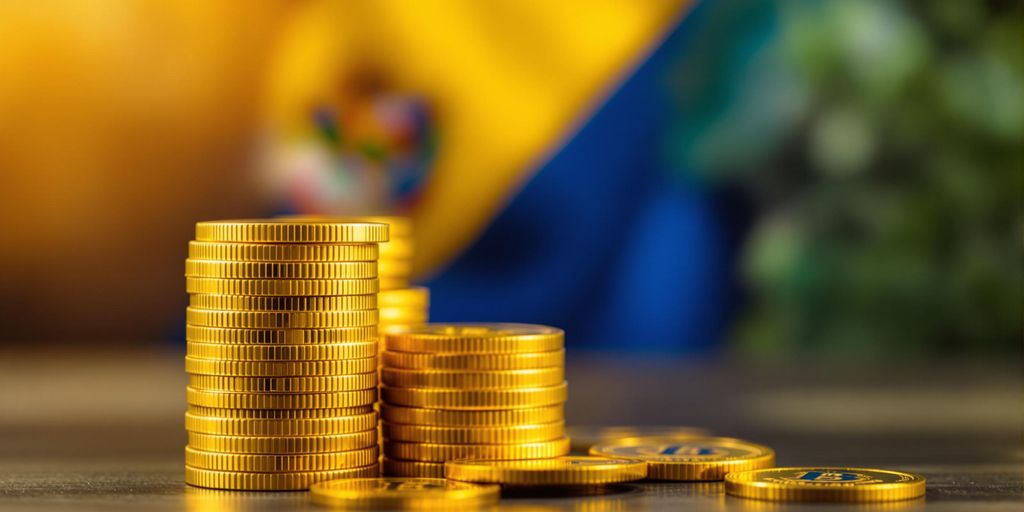El Salvador has made headlines once again by purchasing an additional 12 Bitcoin for its national reserves, despite ongoing negotiations with the International Monetary Fund (IMF). This move underscores the country’s commitment to cryptocurrency as a core component of its economic strategy, even as it faces scrutiny from international financial institutions.
Key Takeaways
- El Salvador has acquired 12 more Bitcoin, increasing its total holdings.
- The purchase comes amid ongoing discussions with the IMF regarding financial support.
- President Nayib Bukele remains a staunch advocate for Bitcoin, viewing it as a means to boost the economy.
Background on Bitcoin in El Salvador
In September 2021, El Salvador became the first country in the world to adopt Bitcoin as legal tender. This groundbreaking decision was met with mixed reactions, both domestically and internationally. Supporters argue that it provides financial inclusion for the unbanked population, while critics warn of the volatility and risks associated with cryptocurrency.
Recent Developments
The latest acquisition of 12 Bitcoin brings El Salvador’s total holdings to 1,500 BTC. President Bukele announced the purchase via social media, emphasizing the long-term vision for the country’s economic future. The timing of this purchase is particularly notable as it coincides with ongoing negotiations with the IMF, which has expressed concerns about the country’s financial stability and the risks posed by its Bitcoin strategy.
The IMF’s Stance
The IMF has been cautious regarding El Salvador’s Bitcoin initiative. In previous statements, the organization has highlighted the potential for increased financial instability and the need for regulatory frameworks to manage cryptocurrency risks. Despite these concerns, Bukele’s administration has continued to push forward with its Bitcoin agenda, arguing that it can lead to greater economic opportunities.
Economic Implications
The decision to buy more Bitcoin reflects El Salvador’s broader economic strategy, which includes:
- Diversification of Reserves: By holding Bitcoin, the government aims to diversify its reserves and reduce reliance on traditional currencies.
- Attracting Investment: Bukele believes that a strong Bitcoin presence will attract foreign investment and boost tourism.
- Financial Inclusion: The government hopes to provide financial services to the unbanked population, which constitutes a significant portion of the country’s citizens.
Public Reaction
The public response to the government’s Bitcoin strategy has been mixed. While some citizens are optimistic about the potential benefits, others remain skeptical, citing concerns over the volatility of Bitcoin and the lack of understanding of cryptocurrency among the general population. Protests have occurred in the past, with citizens demanding more transparency and accountability from the government regarding its Bitcoin investments.
Conclusion
El Salvador’s recent purchase of 12 Bitcoin highlights its unwavering commitment to integrating cryptocurrency into its economic framework. As the country navigates its relationship with the IMF and the global financial community, the outcomes of this bold strategy remain to be seen. The government’s approach could serve as a model for other nations considering similar paths, but it also raises important questions about the sustainability and risks of such a financial strategy.
